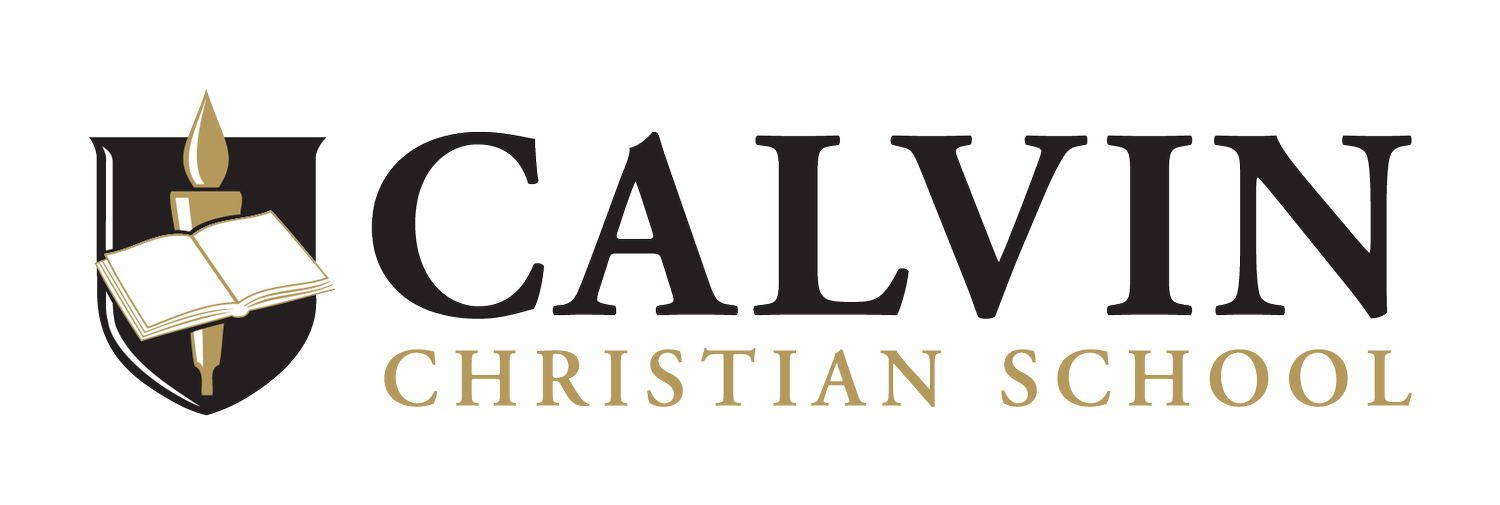I’ve been using this phrase a little lately. Be kind to yourself. As I work with young people, we talk about all kinds of things: school, work, relationships, our well being and our faith.
Some weeks, things are going great. Other weeks are tougher, with school work piling up, lots of unfinished jobs and feeling tired in the morning. Sometimes we don’t quite even know why we’re feeling down. And other weeks grief might come with shock and surprise.
In the gospel accounts of Jesus, the writers constantly draw our attention to the compassion and kindness of our Saviour. He was moved by compassion for others – to heal them, to feed them. In Matthew 11, Jesus called to those carrying heavy burdens with these words: “Come to me, all you who are weary and burdened, and I will give you rest. Take my yoke upon you and learn from me, for I am gentle and humble in heart, and you will find rest for your souls.”
“I love to dwell deeply on the fact that Jesus doesn’t call us to impress Him with our competence and talents, but instead he invites us into a relationship that rests completely on who He is. ”
I love the kindness and compassion that live in this verse. I love to dwell deeply on the fact that Jesus doesn’t call us to impress Him with our competence and talents, but instead he invites us into a relationship that rests completely on who He is.
We are often our own worst critics. We could always be more successful, more accomplished, more attractive or more talented. Sometimes we judge ourselves far more harshly than we would judge someone else. And there are some seasons of our life when even just everyday things are so much more of an effort. But when we fix our gaze on Jesus and away from our own inadequacies, we can start to practise that kindness towards ourselves, understanding that our value isn’t fixed in our achievements, but that our value and worth is found in knowing our Creator and His love for us.
Being kind to ourselves means reminding ourselves daily that while we may fall short, Christ is enough. While some may struggle and think that kindness to ourselves means taking the easy way out or setting our standards low, in reality the kindness we show to ourselves reflects the fact that we know that God never called us to be a superhero in our own strength.
“...in reality the kindness we show to ourselves reflects the fact that we know that God never called us to be a superhero in our own strength.”
Maybe kindness to ourselves means avoiding the doomsday scroll through news and social media. Maybe it looks like an early night or a cup of tea watching the sunrise. Maybe it means replacing a critical thought we have about our appearance with a reminder of our inner worth and beauty. To me, being kind to myself means eggs on toast after Sunday night church and not judging my skills as a mum by the emptiness of the laundry basket.
My prayer is for each of us to deeply know the kindness and compassion of Jesus and that this kindness would extend to both others and ourselves.
Stelle Carmichael — Head of Students




